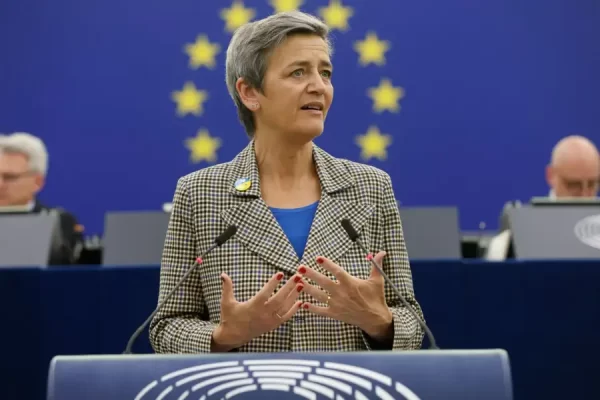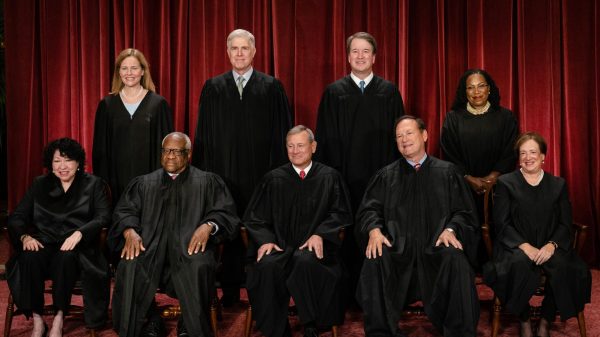The Reign of Queen Elizabeth II
The Queen has died.
Elizabeth II (Elizabeth Alexandra Mary Windsor) passed away on September 8, 2022 at Balmoral Castle, her estate in the Scottish Highlands. According to the Washington Post, her son and heir, King Charles III, said the death of his mother was a “moment of great sadness“ for him and his family.
As the Queen’s reign ends, her presence in time paints the image of history as we know it. Elizabeth prevailed through modern humanity. From World War II, to the post COVID-19 pandemic era, the Queen’s influence throughout history pays virtue to her long reign.
“I lived long enough to know that things never remain quite the same for very long,” – Queen Elizabeth II
Elizabeth, born on April, 21 1926, to her parents, George VI and Elizabeth Bowes-Lyon, spent her formative years in London as an older sister to Princess Margaret Rose Windsor. While her occupancy of the throne as a child was far from expected, Elizabeth was said to have shown a sense of responsibility from a very young age.
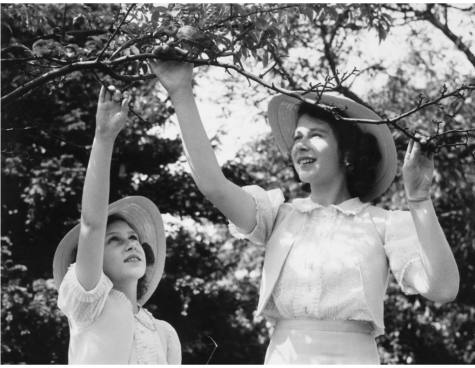
Image Source: Getty/ Getty Images
The Queen’s life was anything but predictable.
The Queen’s father, King George VI, unexpectedly became King following the abdication of his brother King Edward VIII, in December 1936. Prior to his reign as King, George lived as Duke of York, making Queen Elizabeth a “minor royal” – meaning her reign as Queen was highly unexpected.
When her late father (King George VI) died of coronary thrombosis in 1952, Elizabeth was thousands of miles away in Kenya. The United Kingdom, a country shaken by the passing of their beloved King, was now Elizabeth’s responsibility. Despite the tragic loss of her father, a 25 year-old Elizabeth took the throne.
Swaying with the waves of time, the Queen reconstructed the western public perception of British royalty.
According to the BBC, “The Coronation of Queen Elizabeth II, broadcast live on 2 June 1953, was the event that did more than any other to make television a mainstream medium.”
The Queen set a balance of old and new by giving the Western public an insight to the royal traditions of the past, while also changing with time’s naturality.
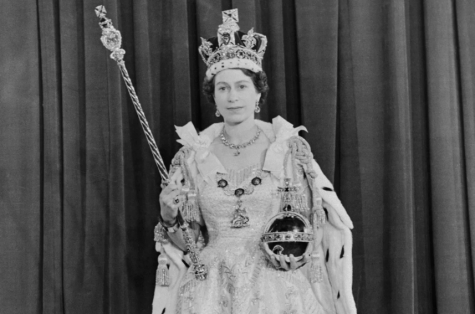
Bettmann/Getty Images
Among these was World War II, the deadliest war in the history of Great Britain. Then Princess Elizabeth, the Queen played a role in supporting the allied forces and helping the British public as they struggled to hold on to hope.
The Queen’s universal legacy embodies the significant historical events in human history.
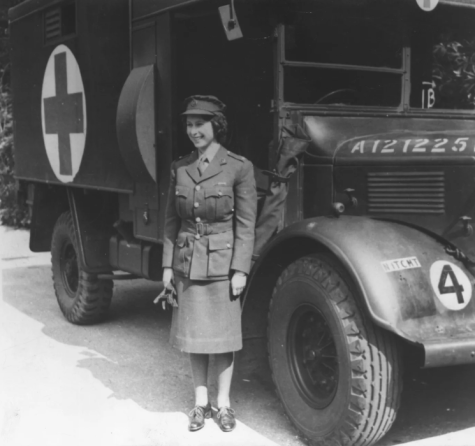
Keystone/Getty Images
The Queen lived through numerous significant events such as the first moon landing in 1969, the demolition of the Berlin Wall in 1989, and the September 11 attacks on the United States in 20.
“I know of no single formula for success, but over the years I have observed that some attributes of leadership are universal, and are often about finding ways of encouraging people to combine their efforts, their talents, their insights, their enthusiasm and their inspiration, to work together,” said Queen Elizabeth II
The Queen lived during periods in time where women in such power were considered taboo. It was three years after the Queen’s birth that women in England, Scotland, and Wales were given the same voting rights as men (over the age of 21).
To some, the Queen symbolizes an institution built on genocide, colonization, and racism. Elizabeth rose to the throne five years after India’s independence, and was still struggling with instant decolonization after the British Raj. Nevertheless, she openly supported the Commonwealth. The Crown itself spotlights the stolen Koh-i-noor diamond, despite the requests of millions calling for its return. While beloved and admired by some, for many, the monarchy is still merely an emblem of an empire.
“On behalf of the British people, I salute the skills and courage which have brought man to the Moon.” – Queen Elizabeth
As the world carries on after the plight of the Queen, it is important to still acknowledge what she left with the world. She was a role model to many people throughout the world. Despite her physical absence, her presence will forever remain in countless minds and human history.
“While we may have more still to endure, better days will return,” she said. “We will be with our friends again; we will be with our families again; we will meet again.”



